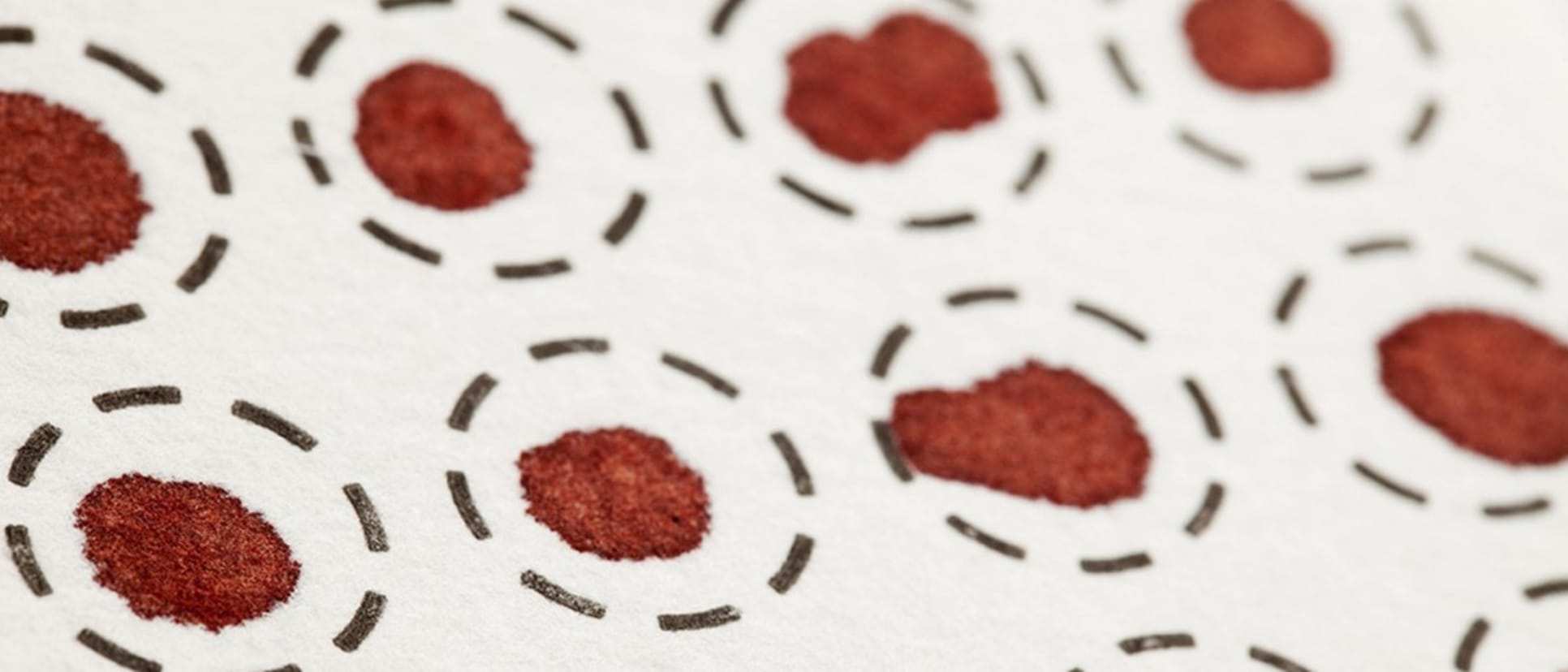Did you know?

Doping control has been known to be invasive, expensive and at times predictable but with WADA’s research into Dry Blood Spot (DBS) analysis, the nature of sample collection could see a change. DBS analysis is a drop of whole blood dried on filter paper and represents an aspiring technique for minimal-invasive sample collection in a multitude of analytical disciplines. DBS sampling is characterized by cost-effectiveness, straightforwardness, robustness and facilitated storage and shipment conditions.
DBS is also meant to allow for greater analysis of unstable compounds and will make it easier to test athletes in remote areas around the world where traditional blood samples were often difficult to transport. Currently, blood samples are transported in vials but with DBS the samples will be transported on a piece of paper leading to significant savings in storage and transportation.
WADA Senior Executive Director, Sciences and International Partnerships, Dr. Olivier Rabin said: “The possible advantages of DBS are clear. It has the potential to add to the current global anti-doping programme by complementing existing urine and blood testing to expand upon the programme’s testing coverage and capacity to better reveal doping practices. WADA is committed to making available new ways of protecting clean sport that reduce the inconvenience or discomfort for athletes and is easier, more effective and cheaper to carry out. In that way, it could be that DBS will be a major breakthrough in global anti-doping testing capacity.”
WADA will trial the new innovative technique of DBS at the Tokyo Olympics along side urine and blood testing.
Watch this two-minute video on DBS to learn more. World Anti-Doping Agency - Dried Blood Spot Analysis | Facebook